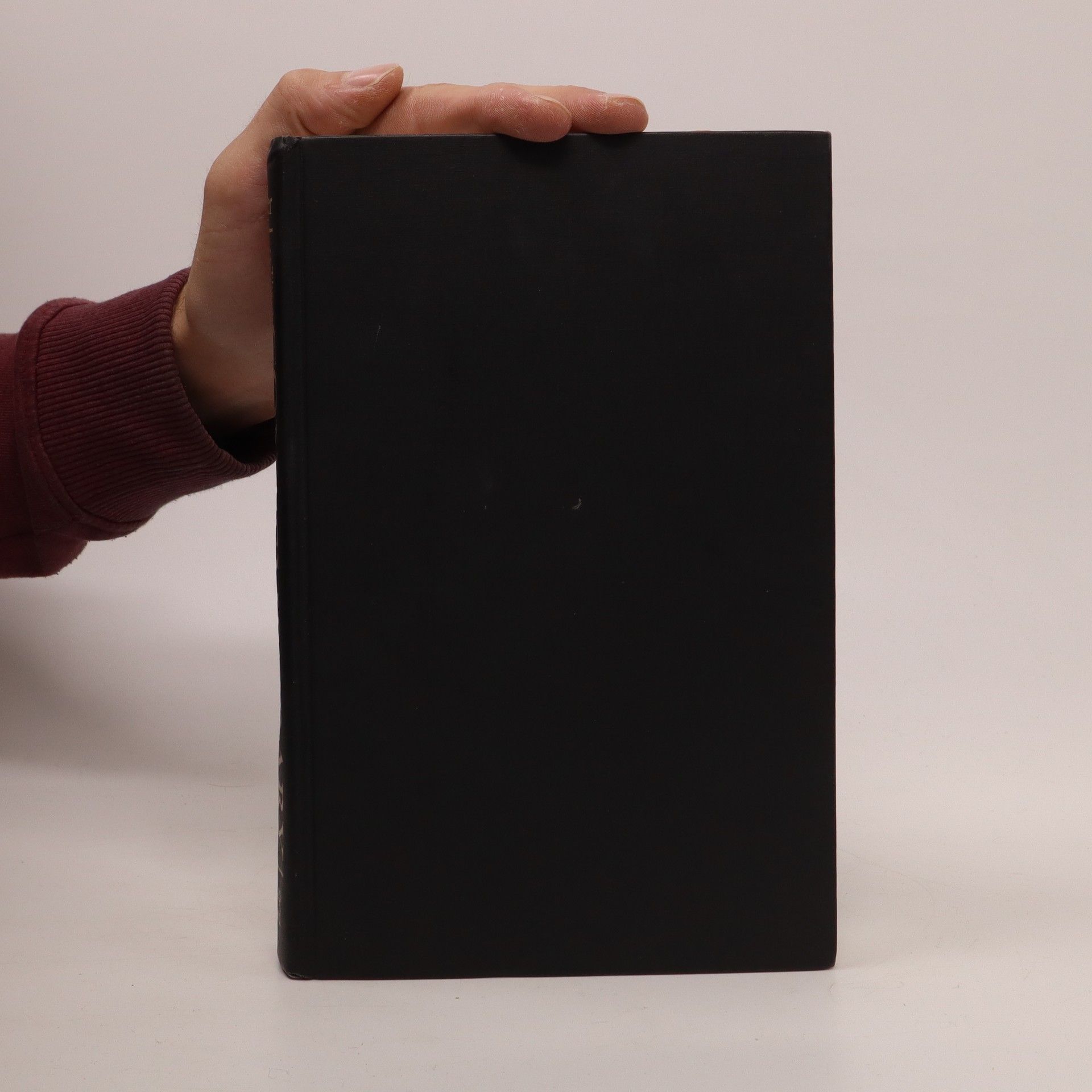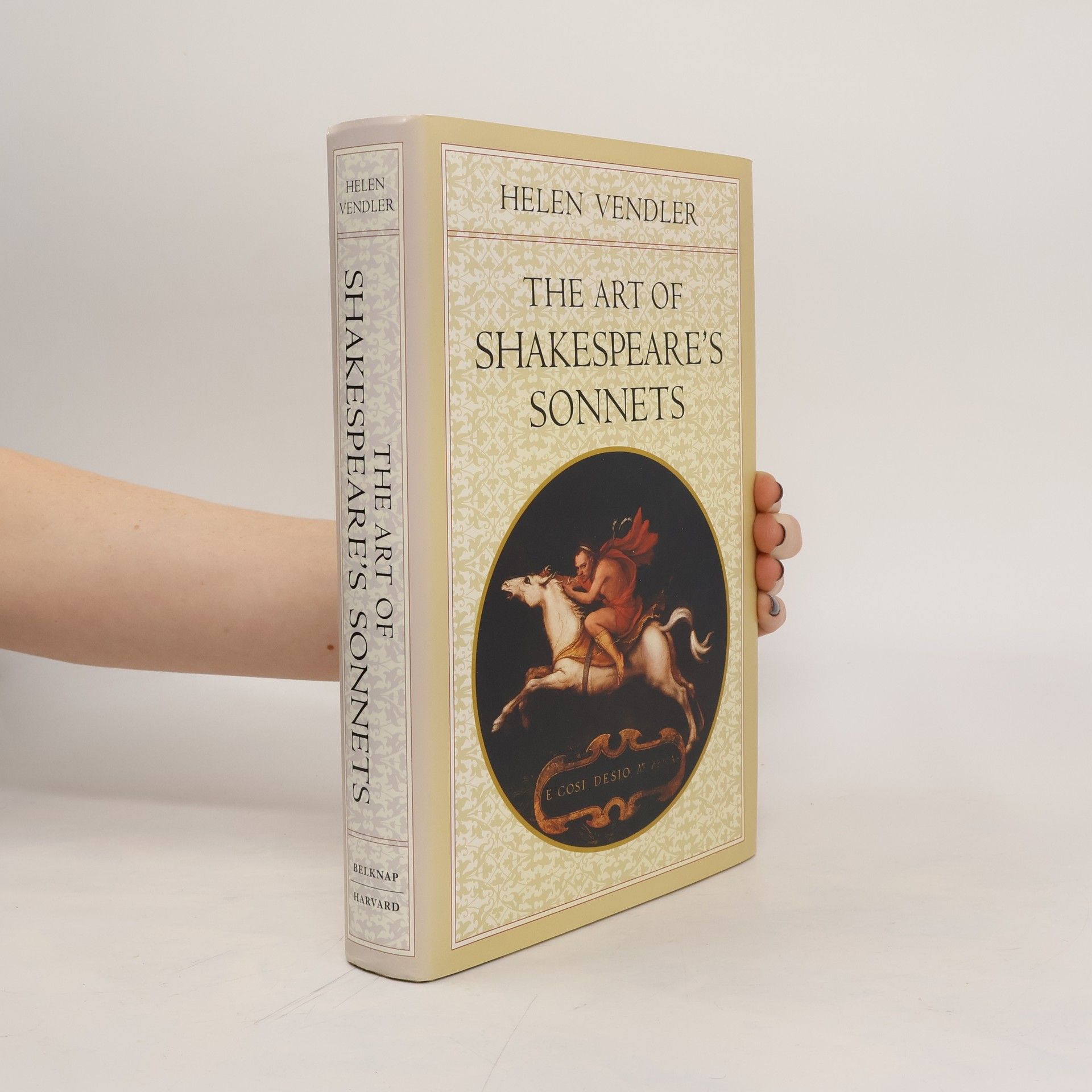Helen Vendler Book order (chronological)
Helen Vendler is a distinguished literary critic whose work centers on the close reading and formal analysis of poetry. Her scholarship offers profound insights into the intricate workings of verse, delving into the linguistic and structural elements that define poetic expression. Vendler's essays explore the very essence of lyrical form, seeking to uncover the underlying disciplines and patterns within the works of major poets. Through her rigorous approach, she illuminates the enduring power and evolving nature of poetry for contemporary readers.




In detailed commentaries on Shakespeare's 154 sonnets, Vendler reveals previously unperceived imaginative and stylistic features of the poems, pointing out not only new levels of import in particular lines, but also the ways in which the four parts of each sonnet work together to enact emotion and create dynamic effect. The commentaries - presented alongside the complete text of each poem, as printed in the 1609 edition and in a modernized version - offer fresh perspectives on the individual poems, and, taken together, provide a full picture of Shakespeare's techniques as a working poet. With the help of Vendler's acute eye, we gain an appreciation of "Shakespeare's elated variety of invention, his ironic capacity, his astonishing refinement of technique, and, above all, the reach of his skeptical imaginative intent." Vendler's understanding of the sonnets informs her readings on an accompanying compact disk, which is bound with the book. This recorded presentation of a selection of the poems, in giving aural form to Shakespeare's words, heightens our awareness of voice in lyric and adds the dimension of sound to poems too often registered merely as written words.
Join Professor Helen Vendler in her course lecture on the Yeats poem "Among School Children". View her insightful and passionate analysis along with a condensed reading and student comments on the course. The poetry collected in this volume reveals the range and power of the contemporary American imagination. The verve, freedom, and boldness of American English are combined with the new harmonies of modern cadence. Here are distillations of twentieth-century perception, feeling, and thought, and reflections of changing social realities, scientific and psychoanalytic insights, and the strong voices of feminism and black consciousness. This is a book for those who value fresh and original poetry and for readers worldwide who are curious about contemporary American experience. Helen Vendler relies on her own taste and judgment in singling out excellent poems, beginning with the late modernist flowering of Wallace Stevens and continuing to the present. Her wide-ranging Introduction places recent American poetry in its aesthetic and social contexts. The anthology provides an extensive offering of the work of major poets and introduces many writers who are only now beginning to make their reputation. Thirty-five poets are included, with a representative selection from the earlier to later work of each and a significant number of long poems. Brief biographies of the poets are appended.